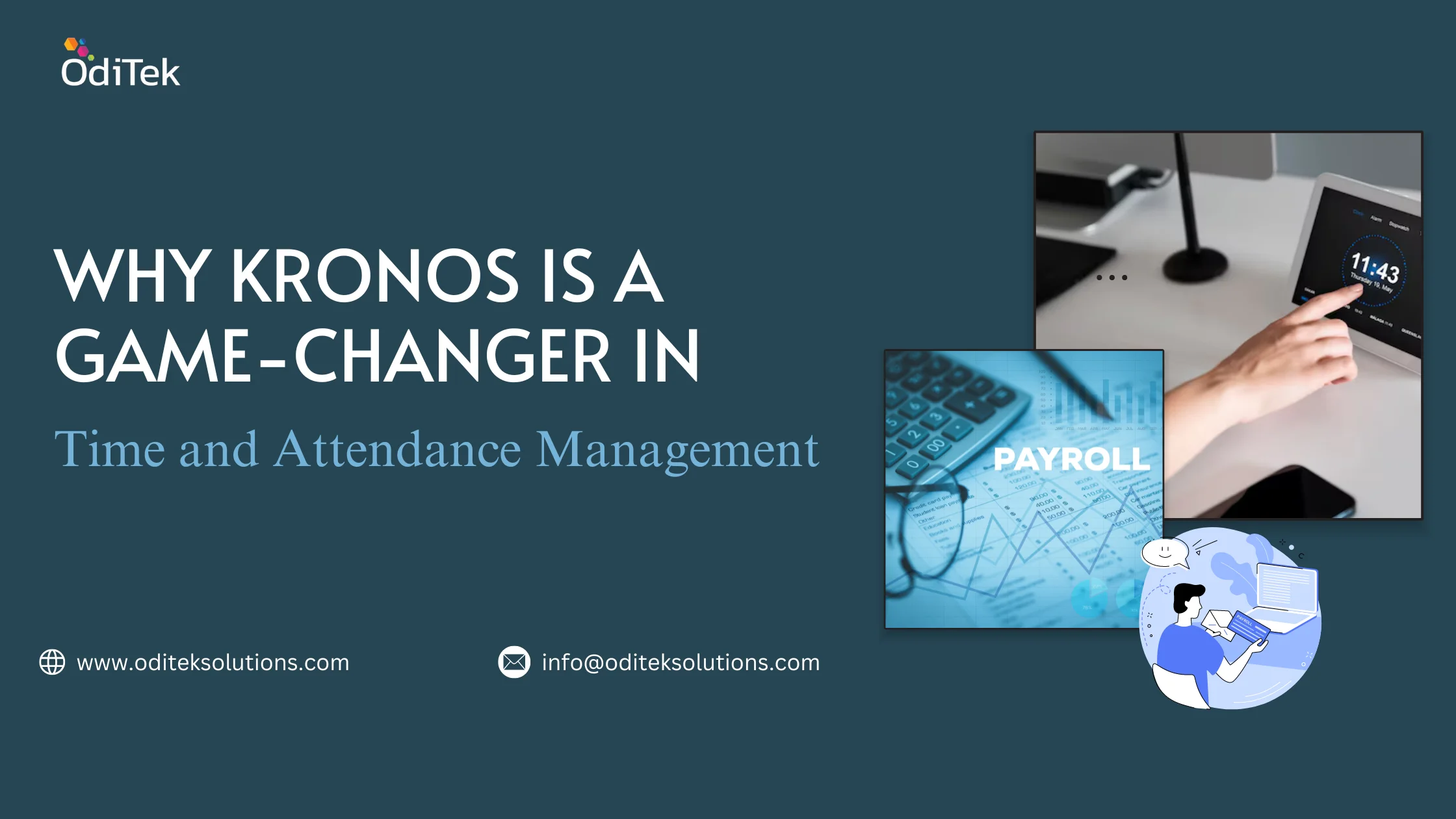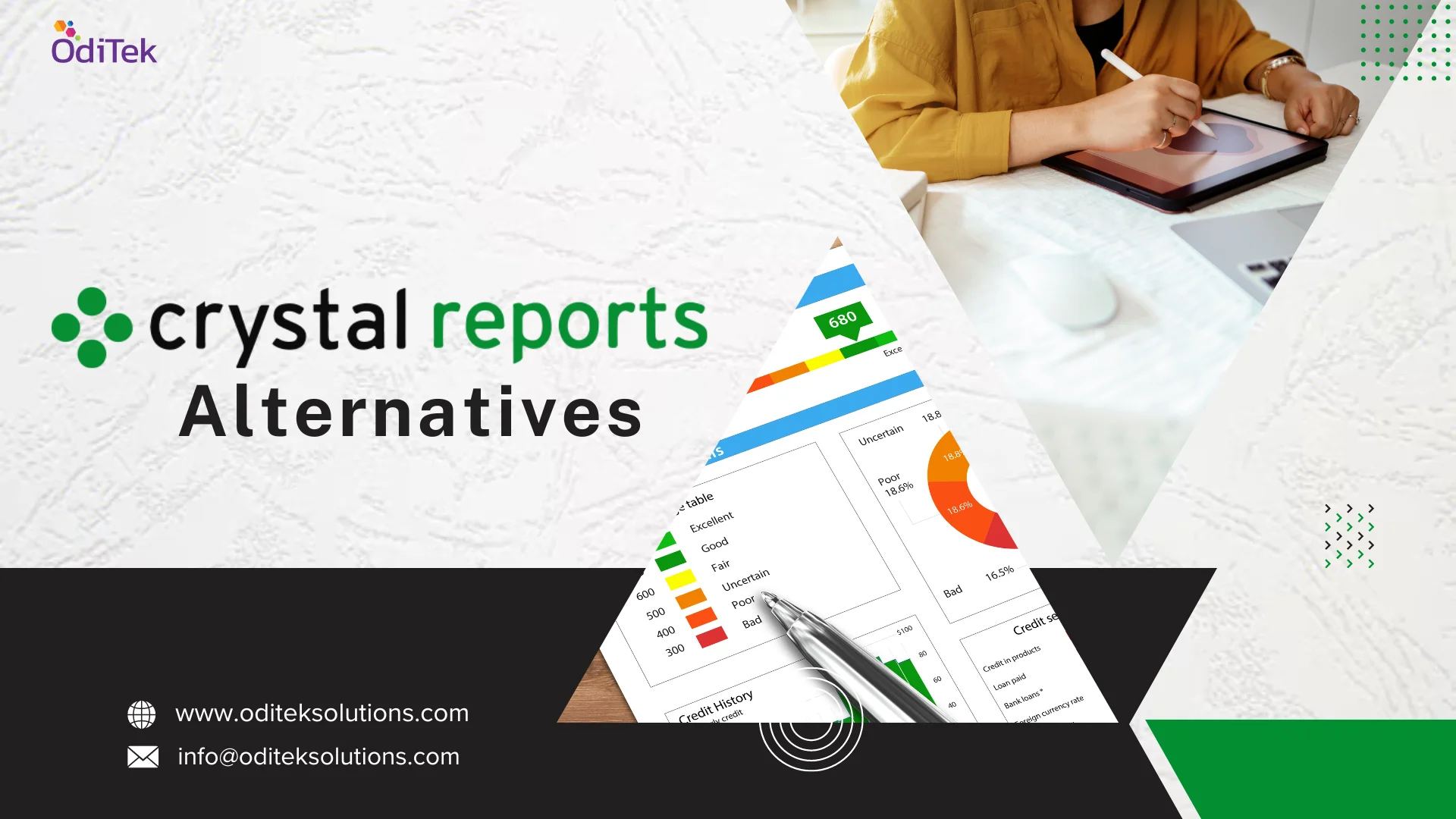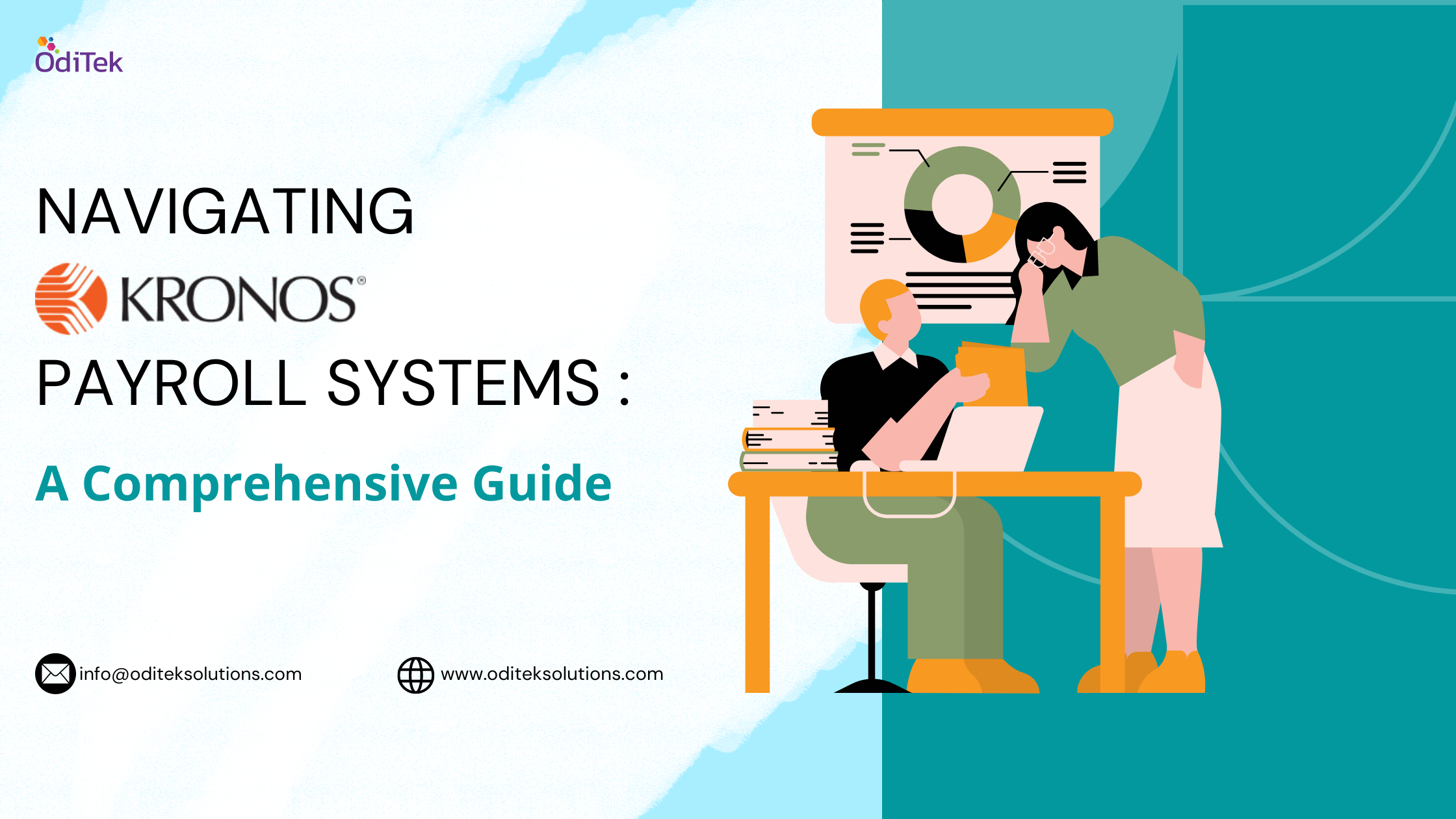The integration of diverse applications is essential for operational efficiency and data-driven growth. As enterprises expand their digital toolkits, the complexity of managing multiple systems can become a formidable challenge. This is where integration platforms come into play, serving as the connective tissue that facilitates communication and automation across various business applications.
Among the frontrunners in this domain is Celigo, a platform celebrated for its robust functionality, intuitive design, and extensive integration capabilities. This article provides a comparative analysis of Celigo and Celigo competitors, offering insights to help businesses select the best integration solution for their unique requirements.
Celigo: An integration platform
Celigo is a prominent Integration Platform-as-a-Service (iPaaS) that offers a unified, AI-enabled platform for both business users and IT teams to automate business processes across an organization.
Celigo emerges as a distinguished figure in the integration platform landscape, delivering a holistic array of solutions engineered to cater to the multifaceted demands of modern enterprises. At the heart of Celigo’s offerings is the ability to forge seamless connections between disparate cloud-based and on-premise systems, thereby enabling the automation of workflows and the synchronization of data across various applications.
What truly sets Celigo apart is its intuitive user interface, which demystifies the integration process, making it accessible to users of varying technical expertise. Complementing this is an expansive repertoire of pre-built integrations, known as Smart Connectors, which facilitate rapid deployment and integration scenarios. Celigo’s robust data mapping capabilities ensure that data flows are accurate and efficient, while the platform’s flexible customization options allow for tailored solutions that align with specific business requirements.
In addition to its technical prowess, Celigo underscores its commitment to customer success through dedicated support, vibrant community forums, and a wealth of resources. These avenues not only aid in maximizing the utility of integration efforts but also foster a collaborative environment for continuous learning and improvement.
This enhanced narrative not only underscores Celigo’s technical capabilities but also emphasizes its role in empowering businesses to achieve operational excellence through integration.
Comparison Criteria for Celigo Competitors
When assessing Celigo Competitors, it is crucial for businesses to meticulously evaluate them against a spectrum of pivotal criteria to ensure they select a solution that aligns with their operational needs and strategic goals. The following criteria serve as a strong framework for this evaluation:
1. Features and Functionality
it’s crucial to explore the range and depth of options available on each platform. Essential functions to evaluate include data mapping, transformation, scheduling, error handling, and monitoring capabilities. It’s important to choose platforms that offer a comprehensive set of tools to meet both present and future needs.
2. Ease of Use
It focus should be on the intuitiveness of the user interface, the ease of the setup process, the adaptability of configuration options, and the overall learning curve. Platforms that reduce complexity and facilitate quick user productivity are preferable.
3. Customer Support and Community
The emphasis is on assessing the quality of customer support, the comprehensiveness of documentation, the availability of training resources, and the activity level of user communities. Platforms that are committed to customer success with responsive support and extensive educational materials should be chosen.
4. Scalability and Performance
It requires evaluating the platform’s capability to grow with increasing business demands, its performance standards, system uptime, and reliability history. The chosen platform should support growth without affecting performance or necessitating major architectural modifications.
5. Pricing and Licensing Model
it’s important to analyse the different pricing plans, subscription types, and licensing terms to determine their alignment with the organization’s financial and operational goals. Transparent pricing models that provide cost management flexibility and predictability are recommended.
Celigo VS Celigo Competitors
1. Celigo
A versatile integration platform that simplifies the connection between cloud applications and services. It stands out for its user-friendly interface and pre-built integrations. It May lack some advanced features for complex enterprise environments, but it does stand out in Intuitive design, Integration App Framework, and Smart Connectors.
2. Celigo vs Boomi
A comprehensive integration platform with a rich feature set and a cloud-native approach, backed by a robust community. With Extensive integration options, scalability, and community-driven insights. The learning curve can be steep for new users. It offers a wide range of features such as Atmosphere technology, Boomi Suggest, a wide array of connectors, and many more.
3. Celigo vs MuleSoft
Known for its enterprise-level integration capabilities and strong API management features. Its Strengths are High scalability, extensive API lifecycle management, and strong support for enterprise applications & Weak points are cost-prohibitive for smaller businesses. Some of Standout Features: Any point Platform, API-led connectivity, and a large ecosystem of developers.
4. Celigo vs Zapier
Specializes in no-code automation and integrates with a multitude of web applications, making it accessible to non-technical users but it has Limited control over complex workflows. some of the Standout Features are Zap creation without coding, Multi-Step Zaps, and Zapier Paths.
5. Celigo vs Workato
Offers a unique recipe-based approach to integration, complemented by AI-driven automation and workflow orchestration, Recipe IQ, Workbot, and a vast library of pre-built recipes. May require more time to set up complex integrations.
6. Celigo vs Jitterbit
Provides flexible integration solutions with a focus on data transformation and hybrid deployment support. Harmony platform, Jitterbit API Gateway, and Cloud Studio. The interface may not be as intuitive for all users.
7. Celigo vs Informatica Cloud
Delivers robust data integration, quality, and master data management solutions tailored for large enterprises. Whereas Complexity and cost may be challenging for smaller organizations. Standout Features are Informatica Intelligent Cloud Services, CLAIRE engine, and a wide range of data connectors.
8. Celigo vs Microsoft Azure Logic Apps
A serverless integration service that provides workflow automation and seamless integration with other Azure services. Its Primarily tailored for users within the Azure platform. Standout Features: Visual designer, built-in connectors, and enterprise integration pack.
9. Celigo vs IBM App Connect
Offers a broad set of integration tools, connectors, and templates, catering to complex enterprise integration requirements. IBM Cloud Pak for Integration, App Connect Designer, and support for event-driven architecture but the platform can be complex to navigate for beginners.
Conclusion
In Short, choosing between Celigo competitors hinges on strategic alignment, financial considerations, growth prospects, and system compatibility. Celigo offers an intuitive interface, extensive connector library, and robust features. However, a thorough evaluation is crucial for selecting the best fit, considering long-term adaptability and integration with evolving needs to boost workflow efficiency and foster innovation.
At OdiTek, our expert Celigo developers provide top-tier results in custom web solutions, e-commerce platforms, and more. Contact us today to experience the benefits of Celigo integration and take your projects to the next level!







